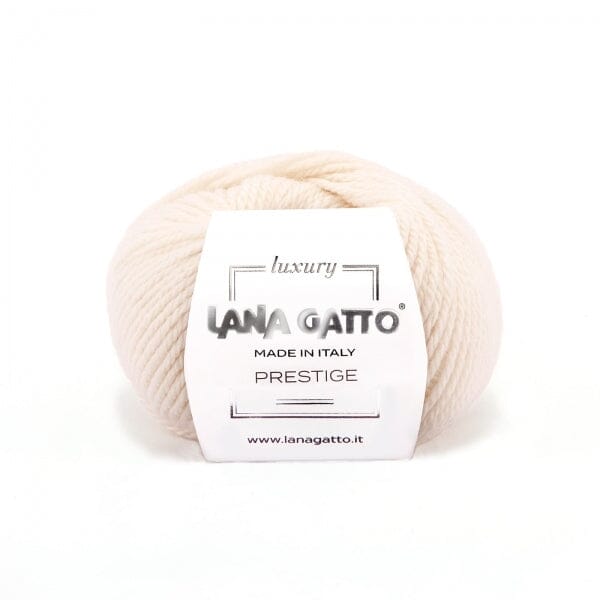The Luxury of What Is Cashmere: How It Transforms Your Wardrobe
The Luxury of What Is Cashmere: How It Transforms Your Wardrobe
Blog Article
Factors You Should Require Cashmere a Natural Fiber for Comfort and Style in Everyday Use
In the world of textiles, few fibers measure up to the high-end and convenience of cashmere. This unique product, recognized for its exceptional soft qualities and insulation, supplies exceptional convenience and beauty for day-to-day wear. What sets it apart from other fibers? Exactly how does it influence the atmosphere and how does it compare to artificial choices? Exactly how can one best make use of cashmere to boost their style? These interesting inquiries lay the structure for an enlightening exploration into the world of cashmere.
Recognizing the Glamorous Nature of Cashmere

Evaluating the Convenience Variable of Cashmere Clothing
What top qualities highlight the comfort factor of cashmere garments? The soft qualities of cashmere is the very first high quality to consider. Its plush appearance makes it feel like a second skin, supplying warmth without the weight or irritation related to various other woollen products. Cashmere's distinct fiber framework enables for breathability, regulating temperature level and stopping overheating. The product's versatility and sturdiness ensure that it mold and mildews against the body pleasantly, preserving its shape gradually. Cashmere's hypoallergenic residential properties also add to its comfort, making it a suitable choice for delicate skin. Lastly, the capacity to layer cashmere pieces without bulkiness enhances the comfort aspect. Fundamentally, the comfort of cashmere is originated from its softness, breathability, toughness, hypoallergenic nature, and versatility.

The Ecological Effect and Sustainability of Cashmere
While the comfort and elegance of cashmere are unquestionably enticing, it's equally essential to consider its relationship with the setting. Cashmere production, primarily in Mongolia and China, involves elevating cashmere goats, which can significantly stress fragile grassland environments because of go overgrazing. This can bring about desertification, a pushing ecological problem. Additionally, the handling of cashmere, involving washing and coloring, can additionally add to water contamination if not properly handled. Efforts are being made to establish sustainable cashmere production methods, such as rotational grazing and cleaner handling methods. While cashmere has ecological impacts, its sustainability greatly depends on production methods.
Contrasting Cashmere to Synthetic Fibers: A Cost-Benefit Analysis
Regardless of its environmental obstacles, cashmere offers a distinct collection of advantages over synthetic fibers. On the price side, cashmere is without a doubt much more costly due to its labor-intensive production procedure. Yet, the advantages make it worth the investment. Cashmere's all-natural fibers offer unmatched softness and warmth, Go Here equating right into convenience that artificial fibers struggle to match. Cashmere items are extremely long lasting, encouraging longevity that offsets initial costs over time. Unlike synthetic fibers, cashmere doesn't add to microplastic contamination, go to this web-site making it an extra lasting selection. In comparison, artificial fibers, while less costly upfront, offer much less convenience, have much shorter life-spans and posture ecological problems. Hence, when analyzing cost-benefit, cashmere's superior qualities make it a worthwhile financial investment for day-to-day wear.
Designing Tips With Cashmere for Everyday Sophistication
Having considered the cost-benefit analysis of cashmere contrasted to synthetic fibers, it ends up being clear why this luxurious product is a popular option for many. When styling cashmere for everyday beauty, simplicity is key. A cashmere sweater, for example, can be coupled with customized pants or a streamlined skirt for an elegant, put-together look - cashmere fibre. For a much more laid-back set, a cashmere cardigan worn over a basic tee and pants emanates easy style. Accessories can better raise the look: a statement necklace or headscarf can include a pop of shade to a neutral cashmere item. Ultimately, the intrinsic elegance of cashmere makes it a flexible addition to any kind of closet, easily enhancing everyday outfits with a touch of deluxe.

Conclusion
In recap, the exceptional properties of cashmere make it a useful addition to any wardrobe. Its luxurious feeling, breathability, convenience, and versatility to differing temperatures are unparalleled. Furthermore, cashmere's sustainability and lower environmental effect compared to synthetic fibers additionally improve its appeal. The timeless elegance of cashmere, incorporated with its convenience, includes refinement to daily wear. As a result, purchasing cashmere garments is a worthwhile decision for style, sustainability, and comfort.

Report this page